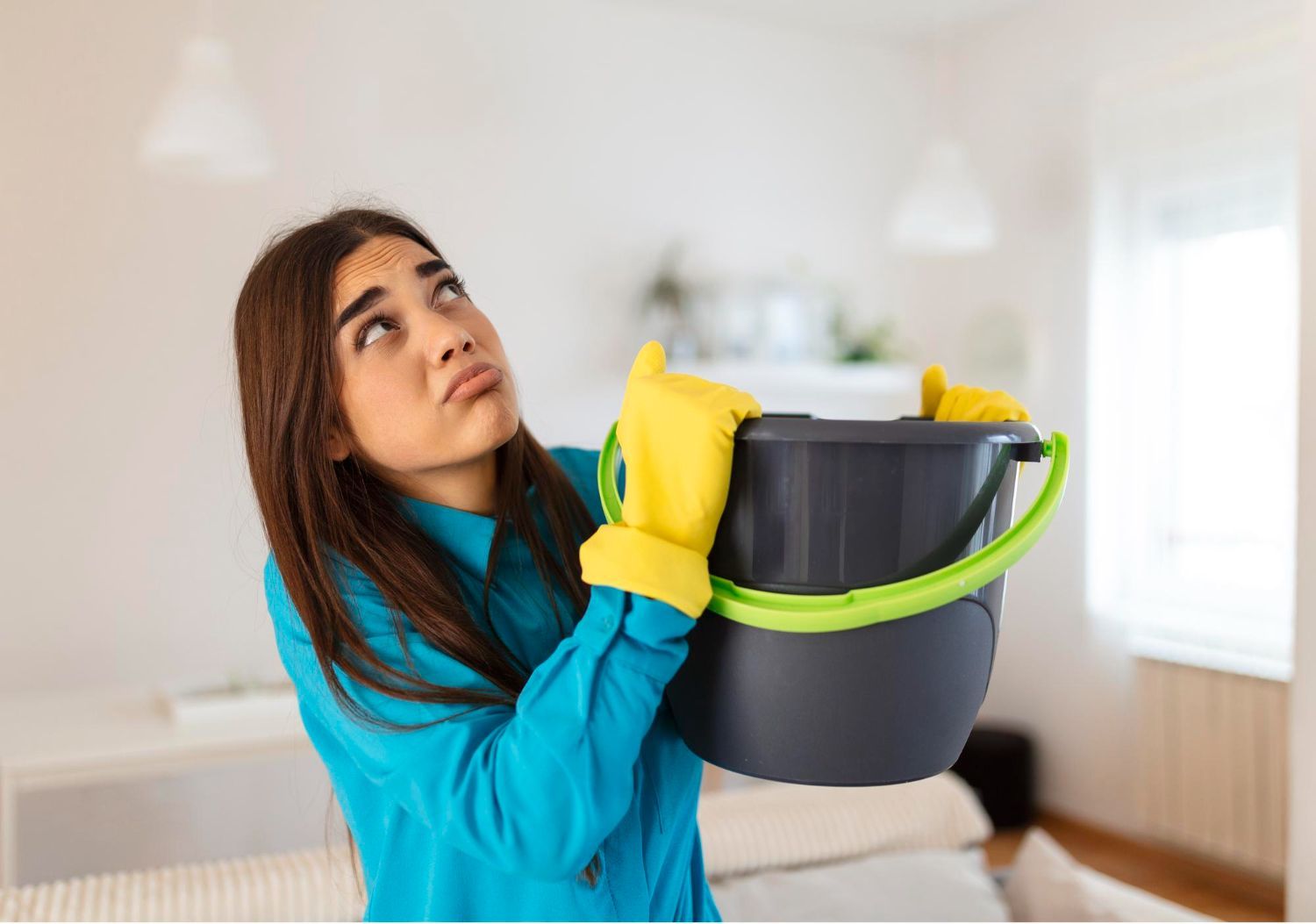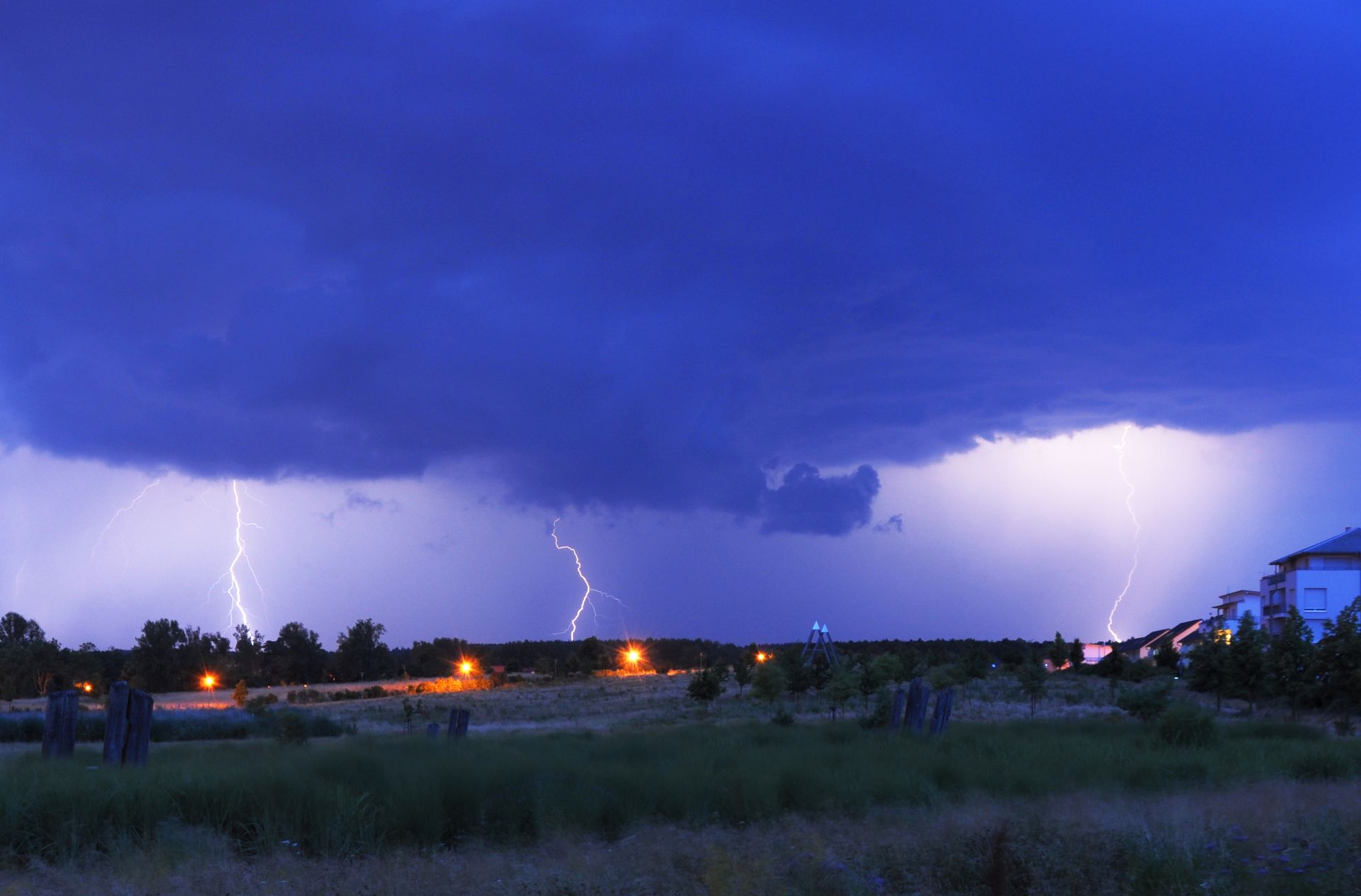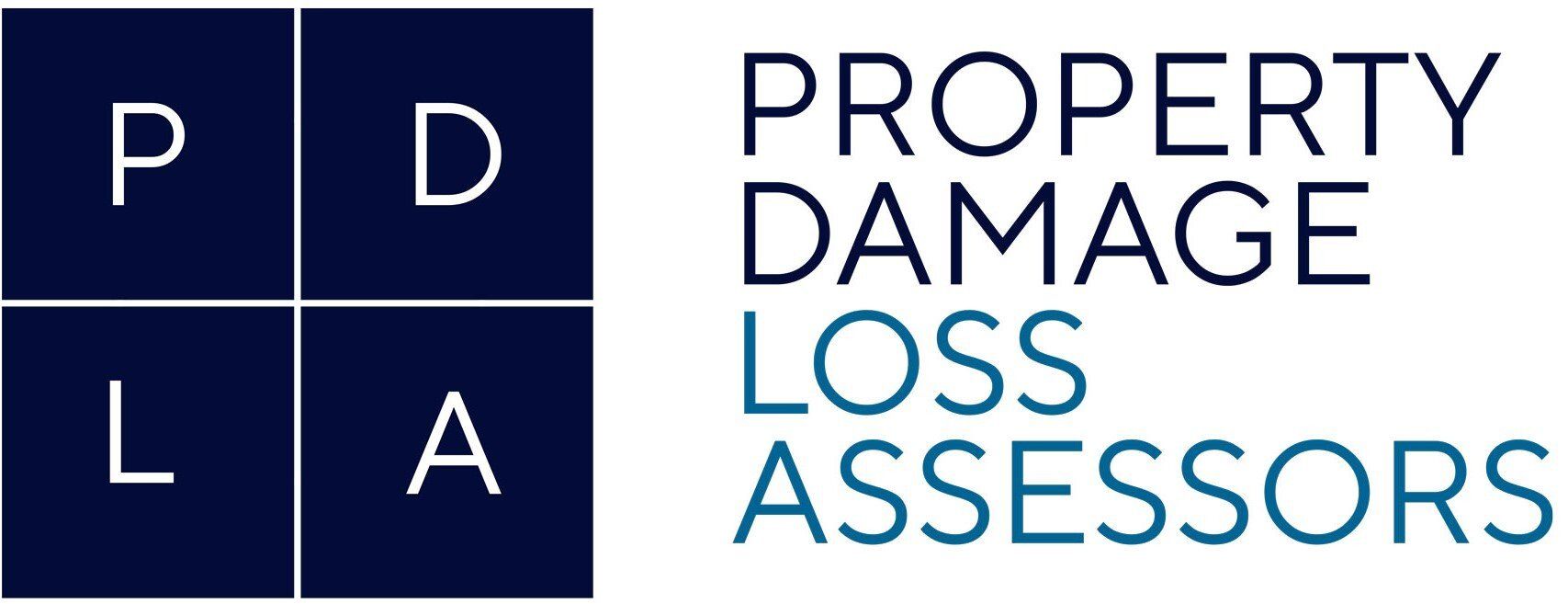What to Do In Case Of Chimney Fire
Chimney fires are scary and more common than you think. We have a step by step guide for you on how to handle this situation the best.
1. Get Everyone Out
If you think a chimney fire has occurred, you should get everyone out of the house as quickly as possible. This will allow you to reduce the amount of oxygen that can be absorbed into the fire and keep larger flames from spreading.
Getting everyone out will also prevent pets from running into rooms where the fire is. This is particularly important if you have children in the home.
Another way to prevent chimney fires is to always use proper fireplace tools when using a fireplace or wood stove. These will help create an updraft to pull the smoke up the chimney rather than allowing it to blow back into your room.
In addition to these basic tips, you can also call a chimney service professional to clean your chimney regularly to help prevent chimney fires from happening in the first place. This is a very important step to take, as chimney fires can be very dangerous, especially slow-burning ones.
2. Close the Openings
Your chimney system is designed to protect your home from combustible gases, fumes and smoke. That’s why it needs to be carefully inspected and cleaned regularly.
The opening in your chimney that smoke passes through is called a flue. It should be sized appropriately to match your stove’s capacity and chimney height.
Dampers are placed inside the flue to help control ventilation and prevent a fire from getting too hot. They also keep cold air out when the fire isn’t burning.
If you open the damper while a fire is going, you could run into some serious problems. Your fire will struggle to get enough oxygen, causing it to smoke and make carbon monoxide.
The damper can be closed while the fire is burning by pressing a lever or pulling chains, which are located toward the interior front of the fireplace. That method is safe as long as you know what you’re doing.
3. Extinguish the Fire
In order to avoid a chimney fire, make sure you keep your fireplace and flue clean and free of flammable items. This includes burning paper, cardboard and glossy pages, which can release chemicals into the air and splatter up the chimney.
You also want to limit the amount of time your fire burns to no more than five hours a day. Too much time spent in the fire can cause damage to your chimney and even start a fire in your home.
A chimney fire is a very dangerous thing to have happen to you and your family. If left unchecked, a chimney fire can spread and destroy the interior walls of your home or threaten the structure of the building.
In order to extinguish the fire, open the damper in the fireplace. Leaving the damper open too soon can cause another fire to start inside your home, so be sure to open it slowly.
4. Call the Fire Department
If you notice a chimney fire, it is important that you get everyone out of the house quickly and call your local fire department. They will be able to put out the fire and check if it has spread to other parts of your home.
A chimney fire can be a devastating event that can ruin your life and the integrity of your home. It can even cause serious injury.
There are several signs that you may have a chimney fire. Some are easy to spot, such as a strong odour in your home.
Damaged flue tiles: A slow-burning chimney fire may burn through the exterior of your chimney, causing damage to the flue tile and possibly cracks in the flue wall.
Melted roofing: If you notice melted roof shingles and other accessories on the roof, this is another sign that a chimney fire has happened.
Look for other signs of a chimney fire too, such as loose soot or ash falling down your chimney and the presence of flaming material within your chimney. Getting these things checked and cleaned up right away will prevent you from having to deal with a chimney fire again!
Navigating Storm Damage Claims on Your Irish Property




